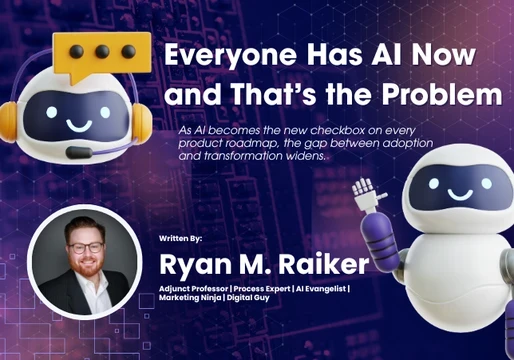Strategic choices with significant implications mark Latin America's approach to AI. Many countries in the region have adopted AI technologies and frameworks developed by leading tech nations, focusing on imitation rather than innovation. This strategy enables rapid deployment and utilisation of advanced AI solutions, bridging the technological gap and fostering economic growth.
However, reliance on external innovations raises questions about the region's long-term competitiveness and ability to contribute original advancements to the global AI landscape.
In this podcast, Alejandro Leal, Analyst at KuppingerCole, speaks to Paulina Rios Maya, Head of Industry Relations, about how socio-economic factors, including limited research funding, infrastructural challenges, and the need for quick technological catch-up drive this pattern of imitation. While this approach has led to swift AI adoption, it underscores a dependence on foreign technologies and expertise.
Key Takeaways:
- Trust, ethics, and legal considerations are essential challenges in integrating AI into the security infrastructure.
- Public-private partnerships and regional cooperation are crucial for advancing AI technology in the region.
- Interoperability and alignment with international and regional standards are key areas of focus to ensure the ethical use of AI in Latin America.
Chapters:
00:00 - Introduction: AI in Latin America
00:58 - Key Initiatives in the Security Sector in Mexico
05:12 - Mexico's Evolution in National Security
07:33 - Challenges in Integrating AI into Security Infrastructure
12:40 - Comparison with Other Latin American Countries
19:26 - The Role of Public-Private Partnerships
22:51 - Focus on Interoperability and Alignment with Standards
23:46 - Conclusion: Ethical Use of AI in Latin America









Comments ( 0 )